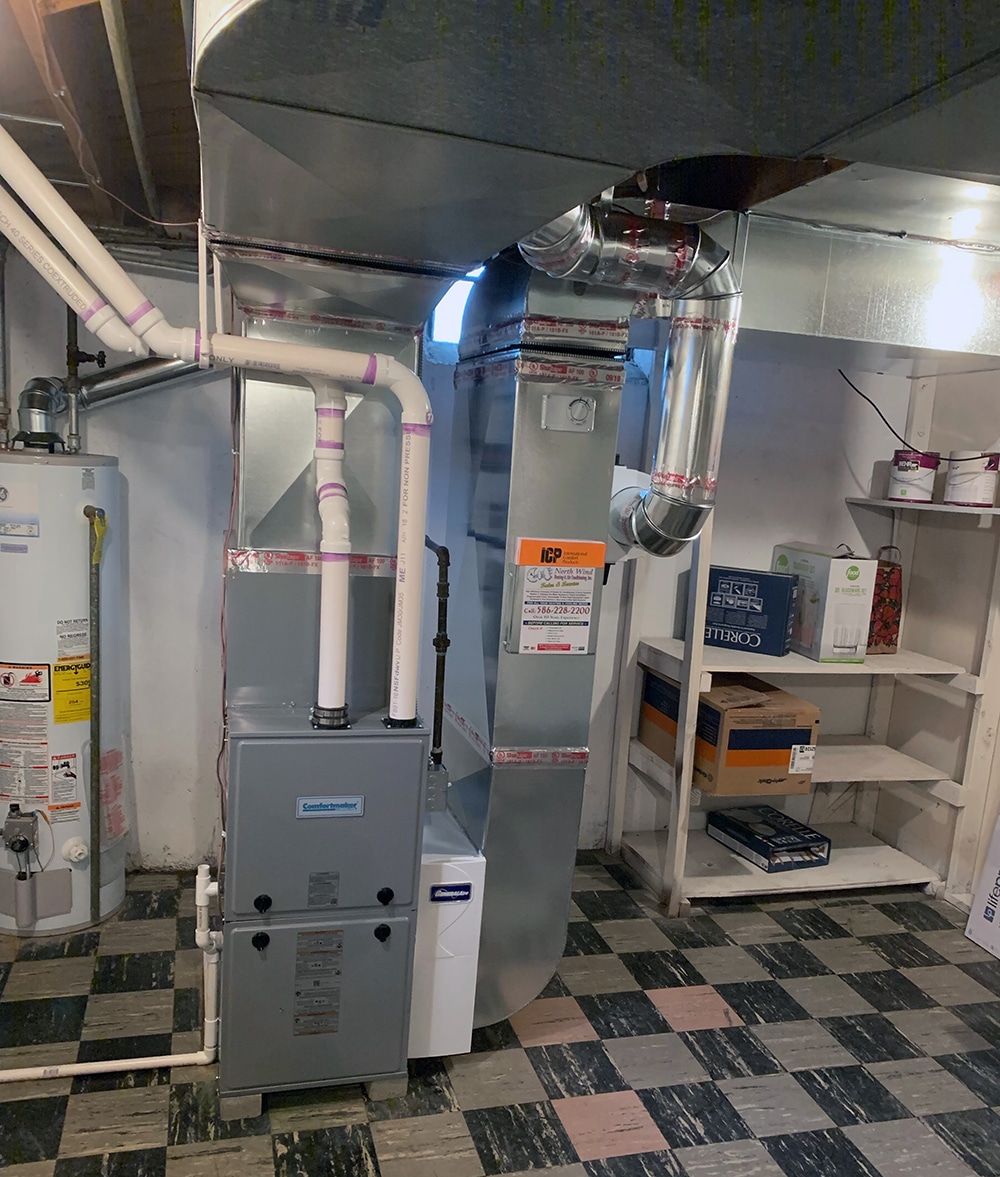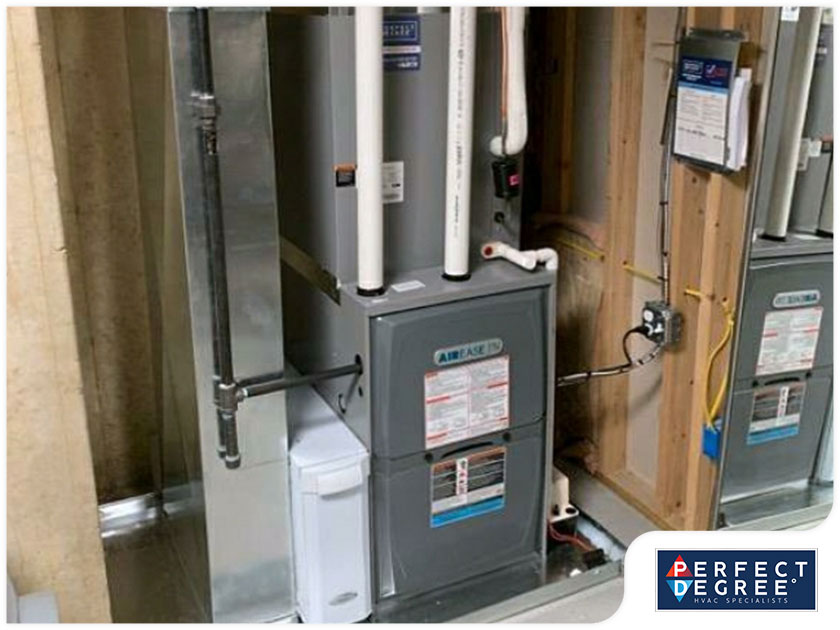24/7 furnace repair for safety and security: Get fast and dependable help
24/7 furnace repair for safety and security: Get fast and dependable help
Blog Article
The Ultimate Guide to Furnace Setup for a Cozy Home
Heater installment is an important element of maintaining a comfy home atmosphere, particularly throughout the chillier months. As you consider these variables, the concern remains: what actions can you take to ensure your furnace serves you well for years to come?
Sorts Of Heating Systems

Gas heaters are the most common option as a result of their efficiency and lower operational expenses. They use gas or gas, providing quick heating and constant efficiency, making them excellent for cooler climates.
Electric furnaces, while typically much easier to mount and keep, often tend to have greater functional prices. They are often favored in areas where gas service is unavailable or for homes with existing electric infrastructure.
Oil furnaces, though less common today, remain a viable option in certain regions. They melt home heating oil, which can be useful throughout cooler months, yet their dependence on oil shipment presents prospective difficulties.
Furthermore, there are high-efficiency models available across these kinds, which can dramatically decrease energy usage and utility costs - furnace installation. Inevitably, comprehending these heating system types will certainly aid house owners select a system that aligns with their home heating requires, budget plan, and energy choices
Selecting the Right Size
Selecting the ideal dimension for a heating system is crucial to guaranteeing optimal performance and energy efficiency. An undersized furnace will certainly have a hard time to preserve comfy temperature levels during the cool months, causing enhanced wear and tear, greater energy costs, and prospective system failing. On the other hand, an oversized heater may cycle on and off also often, resulting in ineffective heating and unequal temperature circulation within the home.
To identify the proper heating system dimension, a computation called the Handbook J lots computation need to be carried out. This procedure assesses various variables, including the square video of the home, insulation levels, window dimensions, and local environment problems. This extensive evaluation guarantees that the heater meets the particular home heating needs of the area.

Installation Refine Review
In regards to products, you will need ductwork, insulation, and securing tape to make sure ideal airflow and power effectiveness - furnace installation. It is also important to have a brand-new heating system filter on hand, in addition to venting materials, such as PVC pipeline or metal flue, relying on the kind of furnace being mounted
Security equipment, consisting of why not try here gloves, safety glasses, and a face mask, is likewise critical to shield against dirt and debris throughout setup. Having all these devices and materials conveniently available not just improves the procedure however additionally improves the safety and security and efficiency of the heater setup.
Upkeep Tips for Durability
To make certain the durability of your heater, it is vital to apply a routine upkeep schedule that attends to key elements of the system. Beginning by replacing or cleaning up the air filter each to three months, as a stopped up filter can limit airflow and reduce performance. Additionally, examine and cleanse the blower assembly to avoid dirt buildup that can hinder performance.
Following, examine the thermostat setups and recalibrate if needed to make certain accurate temperature guideline. Evaluate the ductwork for leakages or blockages, as this can result in energy loss and unequal home heating. Routinely lube the electric motor and bearings according to the maker's referrals to minimize wear and tear.
Professional evaluations must take place each year, where a certified technician can assess the furnace's overall condition, check for gas leaks, and ensure that safety features are operating correctly. Take into consideration setting up a programmable thermostat to optimize power Continue use and maintain consistent home temperature levels. By taking on these upkeep techniques, you can improve your heating system's effectiveness, extend its lifespan, and inevitably appreciate a comfy and comfy home atmosphere.
Final Thought

Report this page